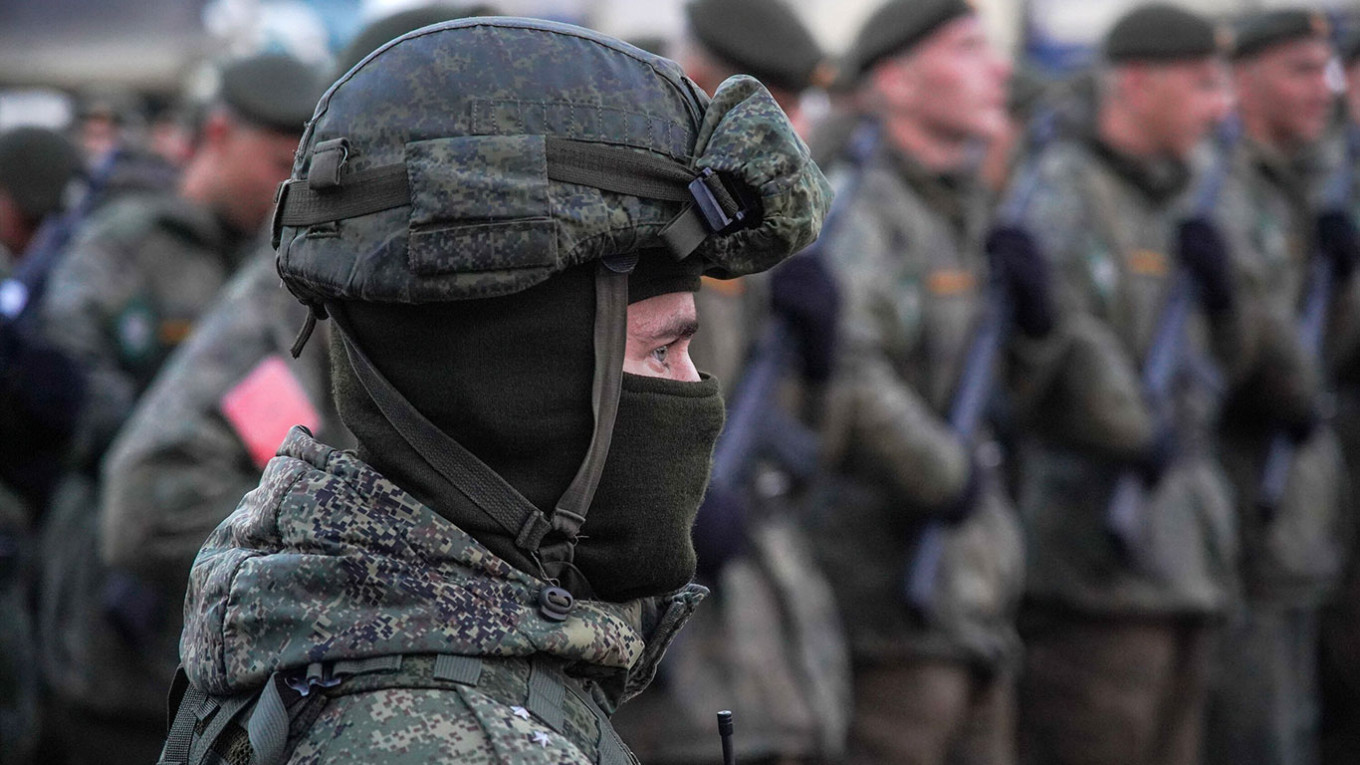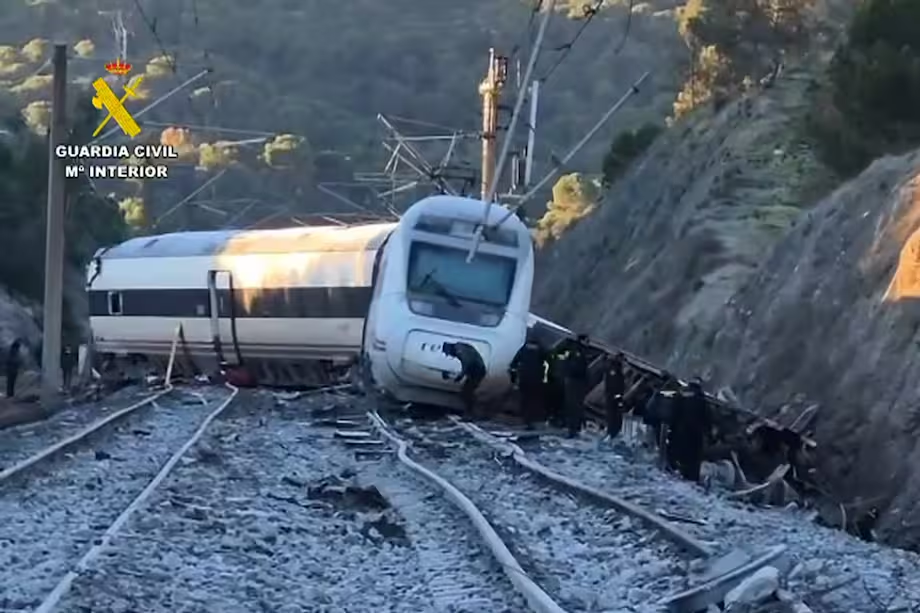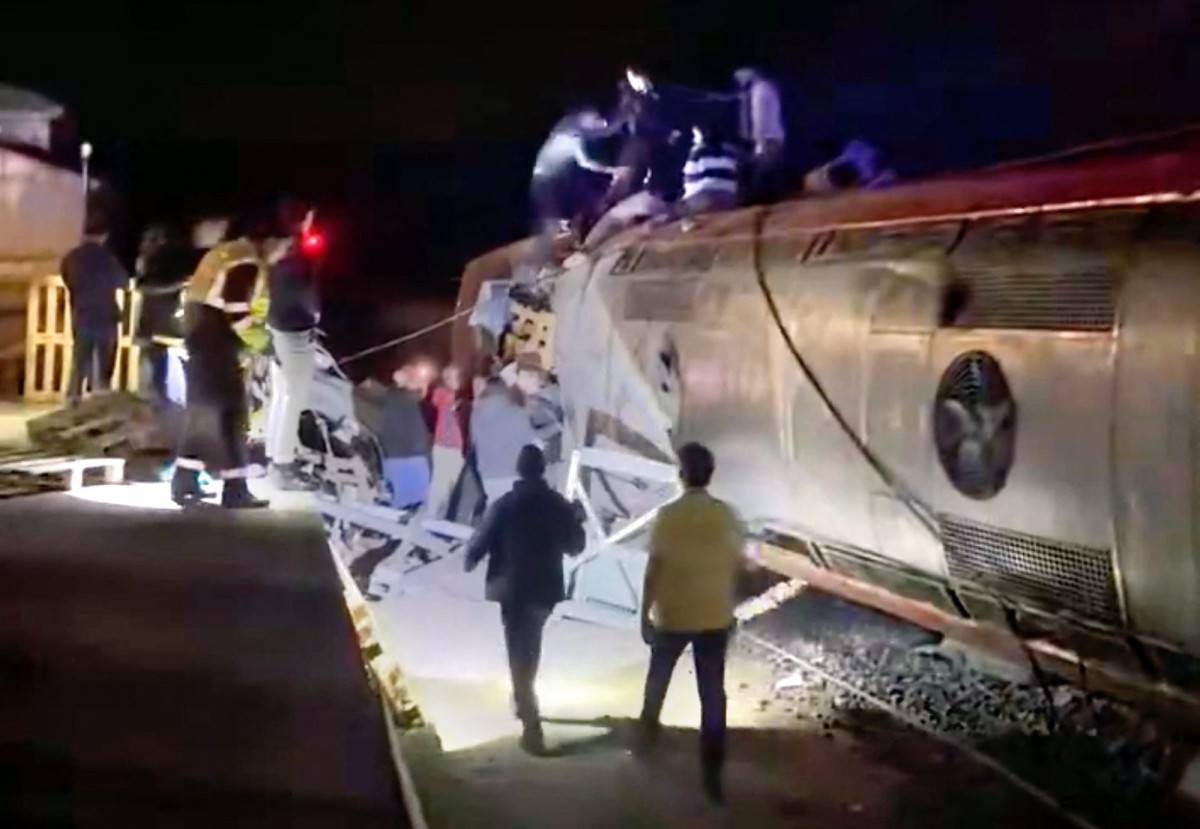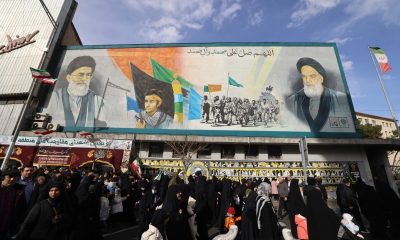International
Russian parliament scraps age limit for soldiers

AFP
Russia’s parliament on Wednesday passed a law scrapping an upper age limit for people signing up to join the army, in a sign Moscow may be looking to recruit more troops for its military campaign in Ukraine.
Under current legislation, only Russians aged 18 to 40 and foreign nationals aged 18 to 30 have the right to sign their first military service contract.
The lower and upper houses of parliament backed the bill in all the necessary readings, after which Russian President Vladimir Putin must sign it into law.
This comes as Russia has announced over 1,000 troop deaths in its military operation in Ukraine, launched February 24, and has vowed to continue fighting for as long as it takes.
“We need to strengthen our armed forces, to help the defence ministry. Our supreme commander-in-chief (Putin) is doing everything to make the army win and increase its effectiveness,” speaker Vyacheslav Volodin said, as quoted on the State Duma lower house website.
The law refers to people voluntarily joining the armed forces, not young men doing compulsory national service.
“Highly professional specialists are needed to use high-precision weapons and operate weapons and military equipment” and such specialists may be aged 40 to 45, said a note accompanying the draft bill.
The note said the amendment would also help attract those in civilian professions to join the army, including medics, engineers and communications experts.
Russian Defence Minister Sergei Shoigu said Tuesday that Moscow “will continue the special military operation until all the objectives have been achieved,” referring to military action in Ukraine.
International
Death toll from southern Spain train crash rises to 40

The death toll from the train accident that occurred on Sunday in southern Spain has risen to 40, according to investigative sources cited by EFE on Monday afternoon.
Since early Monday, search operations have focused on the damaged carriages of a Renfe train bound for Huelva, which collided with the last derailed cars of an Iryo train traveling from Málaga to Madrid after it left the tracks.
The crash has also left more than 150 people injured. Of these, 41 remain hospitalized, including 12 in intensive care units at hospitals across the Andalusia region.
More than 220 Civil Guard officers are working at the site, searching the railway line and surrounding areas for key evidence to help identify victims and determine the causes of the accident.
The tragedy has revived memories of the deadliest railway disasters in Europe in recent decades. In Spain, the most severe occurred on July 24, 2013, when an Alvia train derailed near Santiago de Compostela, killing 80 people and injuring 130 others.
At the European level, the worst rail disaster took place on June 3, 1998, in Eschede, northern Germany, when a high-speed train struck a bridge pillar at 200 kilometers per hour, resulting in 98 deaths and 120 injuries.
International
Spain’s Prime Minister pledges transparency after train crash kills at least 39

Spanish Prime Minister Pedro Sánchez pledged on Monday to ensure “absolute transparency” regarding the causes of a train crash that killed at least 39 people on Sunday in southern Spain, warning that the death toll could still rise.
The fatal accident occurred in the Andalusia region, where the number of confirmed deaths reached 39 by Monday morning, according to a spokesperson for the Ministry of the Interior.
Authorities were preparing to deploy heavy machinery to lift several derailed train cars. “We are waiting for cranes to be installed this morning to lift cars one, two and three of the Alvia train, which suffered the most damage,” said Andalusian regional president Juanma Moreno Bonilla on regional television. “It is likely that once they are lifted, we may find more victims,” he added.
The disaster also left more than 120 people injured. As of Monday afternoon, 43 victims remained hospitalized, including 12 in intensive care, according to emergency services.
International
Over 160 christian worshippers kidnapped in Kaduna Church attacks

More than 160 Christian worshippers were abducted on Sunday during coordinated attacks carried out by armed gangs on two churches in a remote village in Kaduna State, northern Nigeria, according to a cleric and a United Nations report accessed by AFP on Monday.
Nigeria, Africa’s most populous nation, has witnessed a renewed surge in mass kidnappings since November, prompting the United States government to carry out military strikes on Christmas Day in the northwestern state of Sokoto.
U.S. President Donald Trump accused Nigerian armed groups of targeting Christians, describing the violence as a form of “genocide” against the religious community.
According to Reverend Joseph Hayab, president of the Christian Association of Nigeria in the north, the attackers arrived in large numbers, blocked access to the churches, and forced worshippers to flee into nearby forests.
“The attackers came in large numbers, sealed off the entrances to the churches, and drove the faithful into the bush,” Hayab told AFP.
-

 International3 days ago
International3 days agoU.S. deportation flight returns venezuelans to Caracas after Maduro’s ouster
-

 Central America2 days ago
Central America2 days agoGuatemala prison uprisings leave 46 guards held by gangs
-

 International19 hours ago
International19 hours agoDeath toll from southern Spain train crash rises to 40
-

 International4 days ago
International4 days agoCanada accuses Iran of killing its citizen during anti-government unrest
-

 International4 days ago
International4 days agoSheinbaum highlights anti-drug gains after U.S. says challenges remain
-

 International19 hours ago
International19 hours agoOver 160 christian worshippers kidnapped in Kaduna Church attacks
-

 Central America19 hours ago
Central America19 hours agoGuatemala raises police death toll to nine after gang violence escalates
-

 International2 days ago
International2 days agoChile declares state of catastrophe as wildfires rage in Ñuble and Biobío
-

 International3 days ago
International3 days agoFormer South Korean President Yoon sentenced to five years in prison
-

 International19 hours ago
International19 hours agoSpain’s Prime Minister pledges transparency after train crash kills at least 39


























